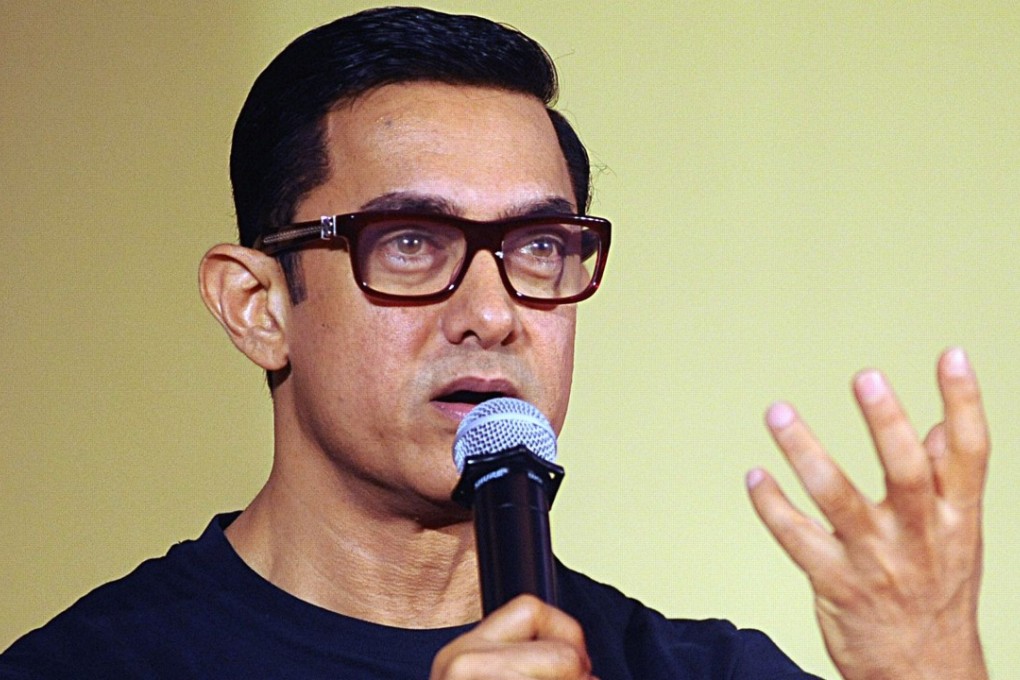Border standoff with India be damned, Chinese love for this Bollywood film just keeps growing
Unprecedented success of Dangal blunts some of the popular contempt on social media in the wake of military tussle

The Doklam standoff between Chinese and Indian troops may have begun to permeate the country’s social media, where anti-India sentiment is rising steadily, but none of that hatred seems to have touched Dangal.
The Bollywood movie, a true story of a wrestler’s quest to train his daughters as world-class fighters, continues to be wildly popular in China despite the end of its theatre run in early July. Viewers can still watch it on iQiyi, China’s Netflix, and numerous other Chinese streaming websites, where Dangal continues to collect more and more fans every day.
On Douban, a Chinese movie rating website similar to IMDb, Dangal’s rating has risen to 9.1 out of 10, from 8.8 in May. Despite its rating – which is even higher than the 8.6 Avatar had managed – many Chinese netizens are complaining it’s too low for something as great as Dangal.
“If the total score were 10, I would give Dangal 100,” wrote one, called “Zhu Ka Jing Di Guan” on Zhihu, a Chinese question-and-answer website. “Dangal is the best movie of the year,” wrote another netizen called “E Xiaoyu”.
A day after the theatre run ended on July 4, a YouTube video was uploaded by “Aamir Khan FC China” showing Chinese fans dancing to the song Dhakkad Dhakkad from Dangal. This tribute to Aamir Khan by his Chinese fans has gone viral. It has been viewed over 300,000 times since and generated hundreds of comments, mostly from Indians. “This is the way... China and India should celebrate each other’s culture and not fight on borders,” says one Ankur Singhai.
Released in China on May 5 as Shuai Jiao Ba Baba, or “Let’s Wrestle, Dad”, Dangal collected over US$190 million at box office in China. It struck an emotional chord with the country’s filmgoers, who instantly identified with its central theme of female empowerment and filial piety in a rapidly changing but inherently patriarchal society.